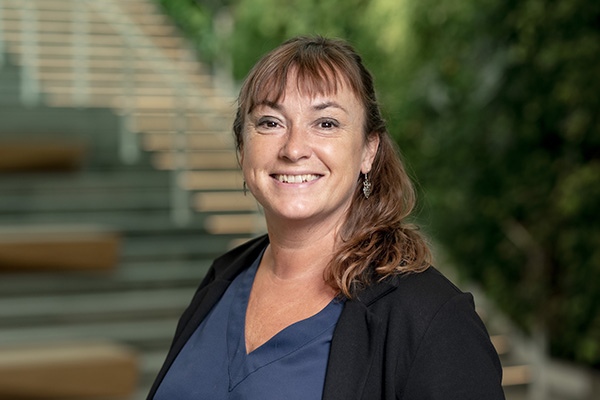Tora Holmberg, Vice-Rector for the Disciplinary Domain of Humanities and Social Sciences, is not worried; academic discussion is very much alive and she would like to contribute to it.
“It’s more important than ever to play an active part in academic discussion and debate, both within universities and beyond them. And if I can do something to create the best conditions for that, then I want to do it,” notes Holmberg.
The debate being held about academic freedom is both interesting and important, she feels, and she herself has penned a number of articles on the subject. There are voices within the debate saying that freedom is under threat at higher education institutions, and that certain subjects are being avoided. Criticism is occasionally directed at the institutions for a lack of support in managing difficult situations during teaching. Holmberg does not believe at all that the situation is as dire as it is often portrayed; on the contrary, her view is that difficult subjects are discussed frequently and with strong commitment within academia – not least in the classroom with students. Subjects could include anything from abortion, suicide or sexuality to racism or the Holocaust.
“It’s extremely important for students to be confronted with and tackle difficult issues during their education, which is not always comfortable. It can even be stressful. But it is one of the important skills they need to take with them into professional life following an academic education: handling complex issues in a sensible way,” she adds.
Teachers play a key role in this, of course. Holmberg believes in the power of exchanging experiences, and as part of efforts to stimulate a broader discussion between teachers, she introduced a teaching and learning seminar for just that purpose a little over a year ago. It was a great success, and the next one was planned for August but was postponed and intended to be held next week.
“We have opted to postpone it again until the new year, as it has unfortunately been perceived as a response to a piece broadcast recently on the programme Kalla Fakta, which naturally is not the case. The seminar is much broader in its perspective, so to ensure its aim is achieved it will be held a bit later than planned. And more sessions are to come,” adds Holmberg.
